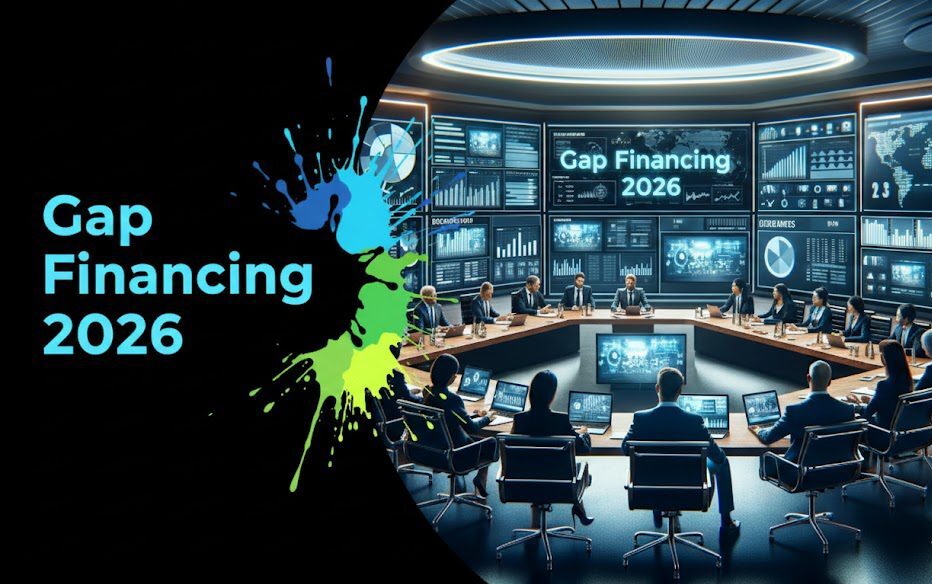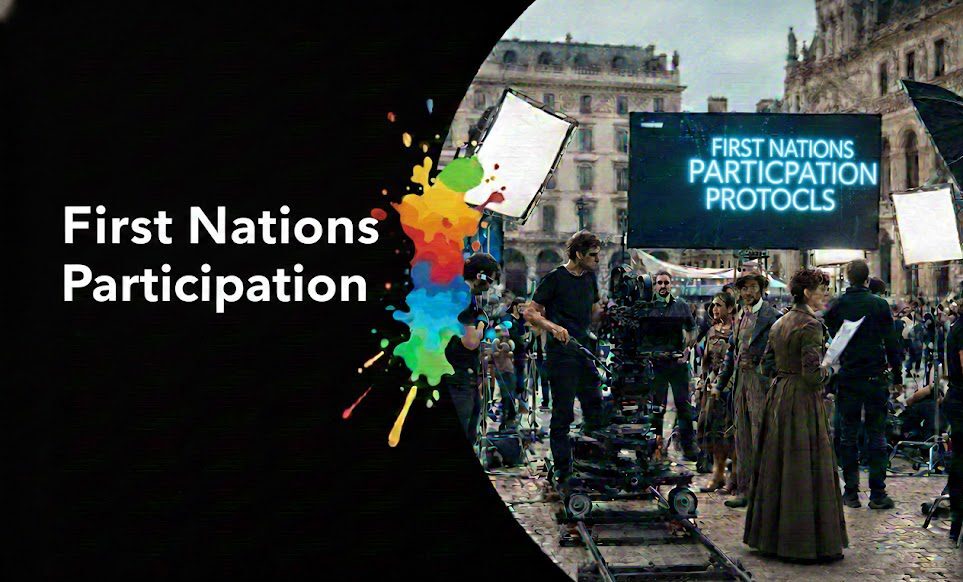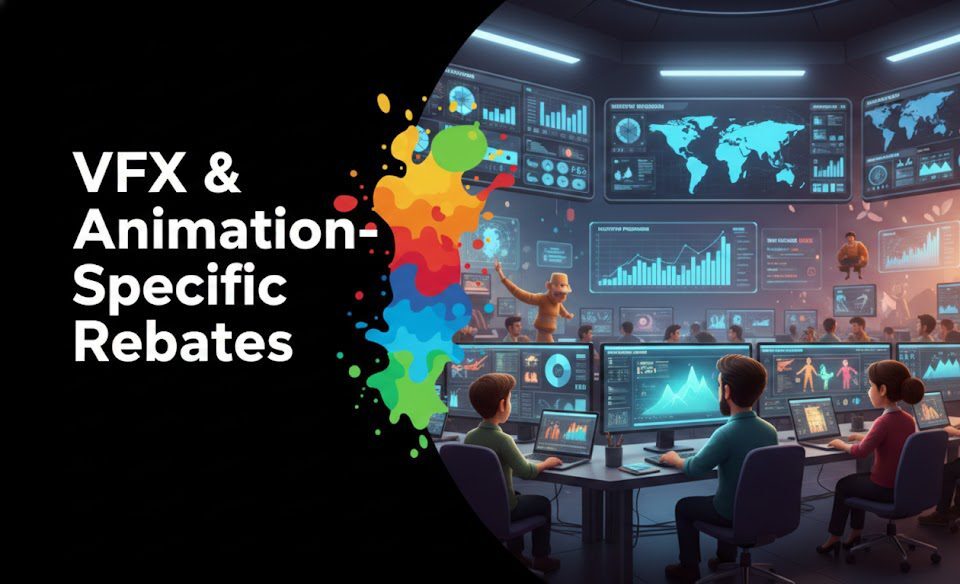Tracking film and TV collaborations across 100 countries is the process of utilizing centralized, real-time data to monitor global production pipelines, financier movements, and vendor track records.
This involves replacing fragmented personal networks with structured intelligence that maps millions of industry relationships to ensure strategic partner discovery and risk mitigation.
According to market analysis, the global entertainment ecosystem now comprises over 600,000 companies and 5 million professionals, making manual tracking structurally impossible.
In this guide, you will learn how senior executives are solving the “fragmentation paradox” by leveraging supply chain intelligence to identify high-value co-production and acquisition opportunities at scale.
While legacy methods rely on anecdotal trade reports and siloed spreadsheets, modern entertainment leaders face a critical market intelligence deficit when expanding into emerging territories.
This comprehensive analysis addresses the visibility gap by providing a data-driven framework for orchestrating global content strategies in a hyper-competitive, borderless market.
Your AI Assistant, Agent, and Analyst for the Business of Entertainment
VIQI AI helps you plan content acquisitions, raise production financing, and find and connect with the right partners worldwide.
- Find active co-producers and financiers for scripted projects
- Find equity and gap financing companies in North America
- Find top film financiers in Europe
- Find production houses that can co-produce or finance unscripted series
- I am looking for production partners for a YA drama set in Brazil
- I am looking for producers with proven track record in mid-budget features
- I am looking for Turkish distributors with successful international sales
- I am looking for OTT platforms actively acquiring finished series for the LATAM region
- I am seeking localization companies offer subtitling services in multiple Asian languages
- I am seeking partners in animation production for children's content
- I am seeking USA based post-production companies with sound facilities
- I am seeking VFX partners to composite background images and AI generated content
- Show me recent drama projects available for pre-buy
- Show me Japanese Anime Distributors
- Show me true-crime buyers from Asia
- Show me documentary pre-buyers
- List the top commissioners at the BBC
- List the post-production and VFX decision-makers at Netflix
- List the development leaders at Sony Pictures
- List the scripted programming heads at HBO
- Who is backing animation projects in Europe right now
- Who is Netflix’s top production partners for Sports Docs
- Who is Commissioning factual content in the NORDICS
- Who is acquiring unscripted formats for the North American market
Producers Seeking Financing & Partnerships?
Book Your Free Concierge Outreach Consultation
(To know more about Vitrina Concierge Outreach Solutions click here)
Table of Contents
- 01The Data Deficit: Why Traditional Networking Fails Global Scale
- 02Mapping Collaborations: How to Track Projects Across 100 Countries
- 03Mitigating Cross-Border Risks with Verified Partner Intelligence
- 04Weaponized Distribution: Using Collaboration Data to Maximize ROI
- 05Key Takeaways for Strategic Leadership
- 06FAQ: Global Supply Chain Intelligence
Key Takeaways for Strategic Leadership
-
Closing the Intelligence Gap: Executives using centralized supply chain platforms overcome the “fragmentation paradox,” gaining visibility into 100+ countries simultaneously.
-
Real-Time Project Tracking: Monitoring over 1.6 million titles across four production stages allows for proactive financing and acquisition before titles hit the open market.
-
Verified Partner Due Diligence: Accessing verified profiles of 140,000+ companies mitigates financial and reputational risks in unfamiliar regional markets like MENA or Southeast Asia.
What is the “Data Deficit” in Global Content Collaboration?
The “Data Deficit” refers to the critical shortage of verifiable, real-time intelligence that senior executives face when navigating the global media and entertainment supply chain. In an industry historically built on “who you know,” the sheer volume of global production has rendered personal networks insufficient for modern scale.
This deficit creates a “fragmentation paradox”: while the world is more digitally connected than ever, operational data remains siloed within regional markets and disparate spreadsheets. For a CXO, this lack of visibility translates into missed opportunities in high-growth territories and increased vulnerability to sub-par partnership selections.
Access competitive intelligence on global production slates:
How to Track Projects Across 100 Countries Systematically
Tracking collaborations at a global scale requires moving away from reactive news-gathering toward proactive data monitoring. Strategic intelligence platforms like Vitrina AI industrialize the discovery process by mapping over 30 million industry relationships in real-time.
- In-Development Monitoring: Identifying projects before they are announced in trades allows financiers to engage at the earliest, most lucrative stages.
- Regional Ecosystem Mapping: Understanding the nuances of markets like Nollywood or India’s regional cinema requires data on local distributors, sales agents, and state-backed incentives.
- Verification of “Sunk” Assets: Tracking projects through release and renewal stages helps acquisition leads identify high-performing IP for rotational licensing strategies.
Industry Expert Perspective: Extreme Reach CEO on Orchestrating Global Ad Creative
In this conversation, John Batter discusses the complexities of managing global content delivery and the technological infrastructure required to orchestrate creative operations across borderless markets.
John Batter, CEO of Extreme Reach (XR), navigates the rapidly changing landscape of digital advertising. He discusses how XR manages creative assets, payments, and localization for global brands, emphasizing the need for a unified platform to handle the complexity of modern content delivery.
Mitigating Cross-Border Risks with Verified Intelligence
The lack of a “single source of truth” in global entertainment creates a data trust deficit. When executives engage with partners in 100+ different countries, performing due diligence through word-of-mouth is no longer a viable risk strategy.
By utilizing verified company and people intelligence, CXOs can vet potential collaborators based on their verifiable track records, historical deal structures, and existing networks of reputable collaborators. This objective analysis protects projects from financial, operational, and reputational risks before contracts are signed.
Weaponized Distribution: The New Frontier of Collaboration
The era of “Weaponized Distribution” marks the end of rigid platform exclusivity. As evidenced by major M&A deals—like Netflix’s $72 billion acquisition of Warner Bros. assets—premium content is now being licensed to rivals to maximize ROI and Average Revenue Per User (ARPU).
Tracking collaborations across 100 countries allows executives to identify “frenemy pacts” and rotational windows where content can be monetized effectively after its initial exclusivity period. This shift from “walled gardens” to “co-opetition” requires precise data on rights availability and regional performance trends.
Find active co-production and distribution partners globally:
Moving Forward
The global entertainment landscape has transitioned from an opaque network of personal connections to a data-powered ecosystem. By tracking collaborations across 100 countries, executives solve the “fragmentation paradox,” turning cross-border partner discovery from a manual art into a science.
Whether you are a CXO looking to monitor competitive slates, or a content buyer seeking trending regional IP, the imperative remains the same: actionable intelligence drives ROI.
Outlook: Over the next 18 months, we expect a surge in “authorized” data markets and collaborative licensing as platforms prioritize operational efficiency over rigid exclusivity.
Frequently Asked Questions
Why is tracking collaborations across 100 countries important?
How many companies are in the global entertainment supply chain?
What is “Weaponized Distribution”?
About the Author
Generated by the Vitrina Content Architecture team, specializing in data-driven supply chain intelligence for media and entertainment leaders. Connect with the ecosystem on Vitrina AI.


































